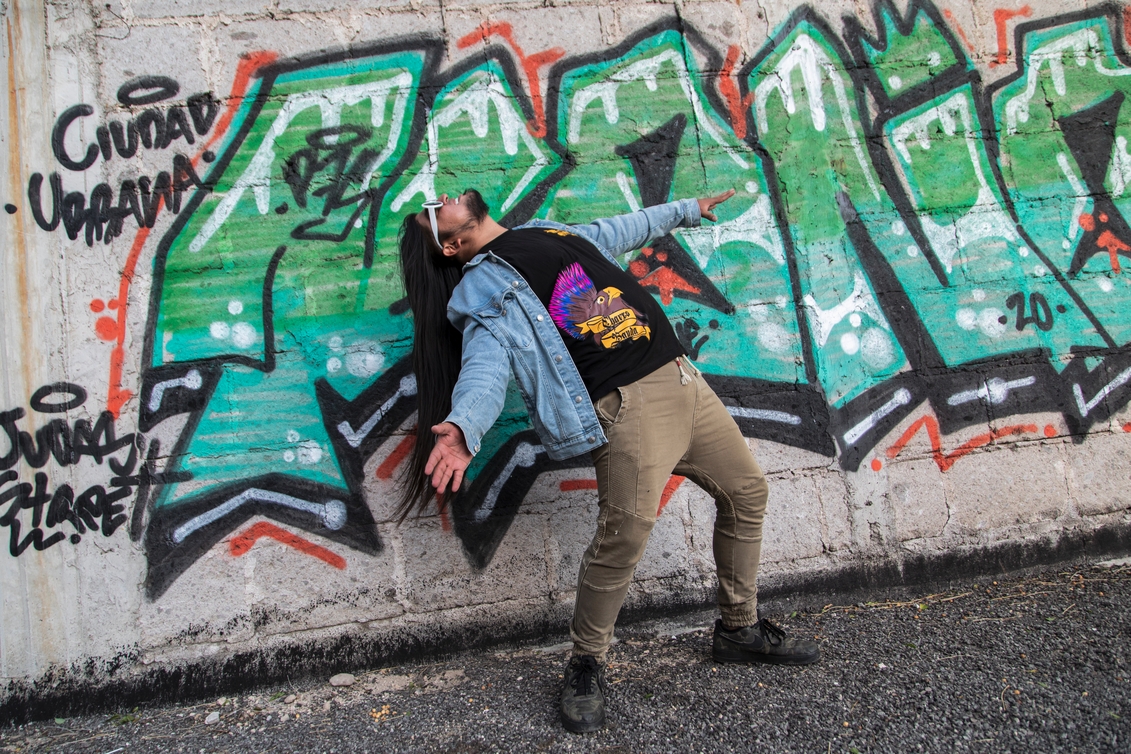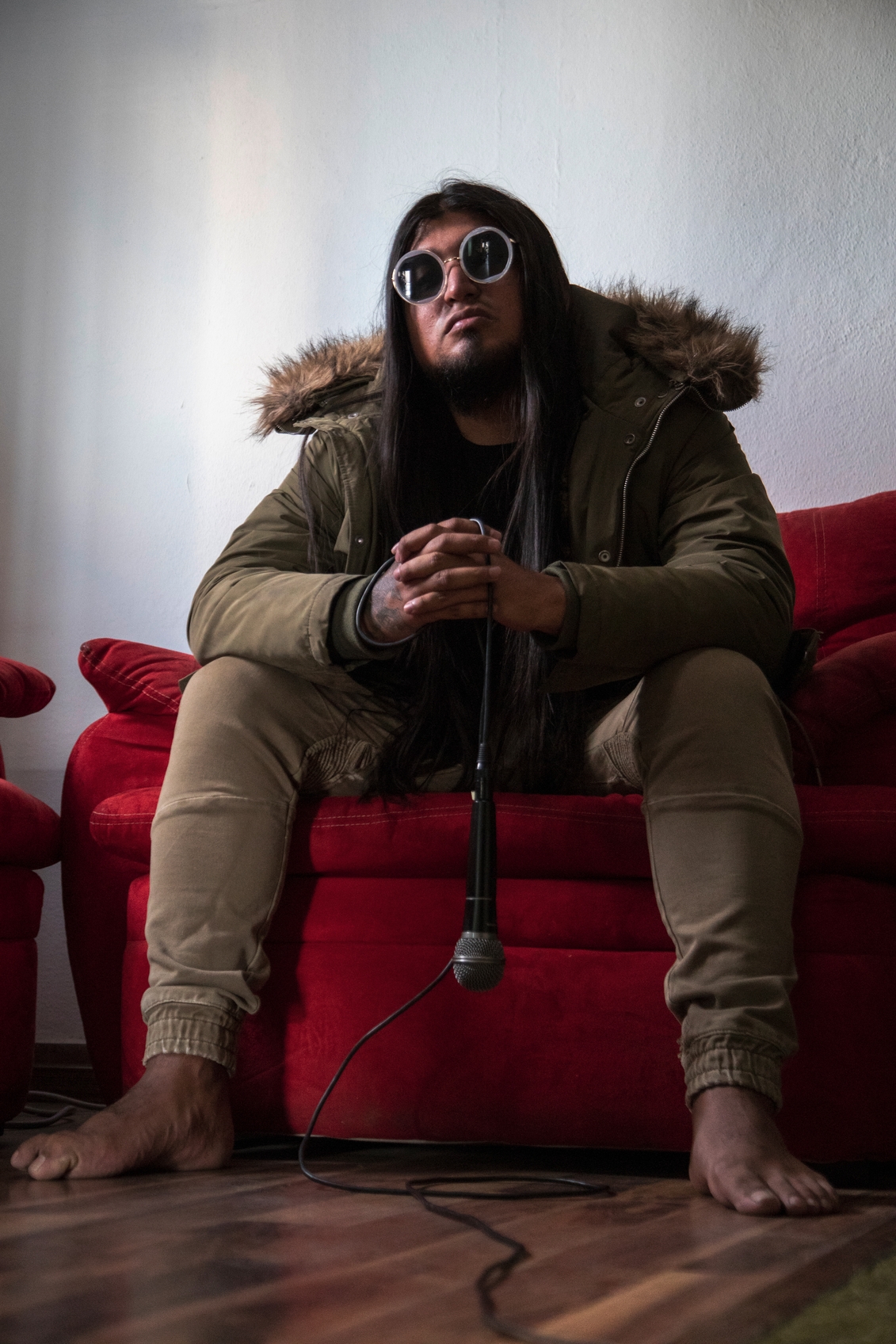
Out of Jokes, a conversation with comedian Carlos Ballarta
We get serious with Carlos Ballarta, a Mexican stand-up icon, about the mysteries of comedy.
It is hard to forget Carlos Ballarta once you identify those glasses and hair that make him look like a Latin Kurt Cobain, equally shy after the strong impact of his shows. Even more so if you have heard his famous routine about existential fears and the automatic light goes off while you are in the bathroom.

Carlos Ballarta was born in 1990 in Mexico City and his Millennial humor, pop quotes and reflections on the new sexual and emotional everyday life, as well as the Mexican references and the self-consciousness of the Latin American continent in his humor are really latent.
In 2012 he began his career for stand-ups that have led him to be one of the best known young comedians in his country as well as two Netflix specials: El amor es de putos and Furiañera. He also works with his own production company generating podcasts and as an actor in Lol: Last One Laughing and Drunk History: El lado borroso de la historia.
He is currently working on a third special that came as a surprise because of its name, Dios está muerto, but not to fans who know of his staunch atheism and his more cynical side towards local folklore.
RELATED CONTENT

Comedy is a literary genre that can be delivered in different ways. In the case of stand up through performance on stage in a speech that reflects your personality and point of view, but also makes your sense of humor very clear.
Stand up is very useful to make fun of current events and almost always, unconsciously, jokes or observations about reality come out that end up being part of your act. From there that it takes on a predominant role and becomes the axis around which your presentation revolves is another thing. The first is necessary and even unconscious and the second is a personal decision of the comedian.
In stand up there is a lot of intention to crumble reality through the idiosyncrasy that touches you, so I think it plays an important role. It is a great detail to see different comedians, from all over the world, approaching reality from their very unique idiosyncrasy.
"It is a great detail to see different comedians, from all over the world, approaching reality from their very unique idiosyncrasy".
It is not a matter of humor but a conscious decision of the comedian, who should not be forced but encouraged to exercise his or her judgment to enter into ethical grounds before delivering a specific joke.
Correctness is not necessary, but it is necessary to promote artistic judgment in the comedian that leads to integrity in all aspects of his life. Above all to understand that it is not necessary to make jokes about everything, to learn to shut up in order to speak with more strength from other areas.











LEAVE A COMMENT: